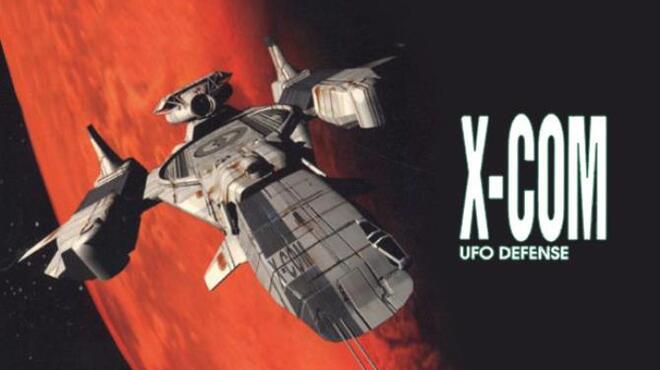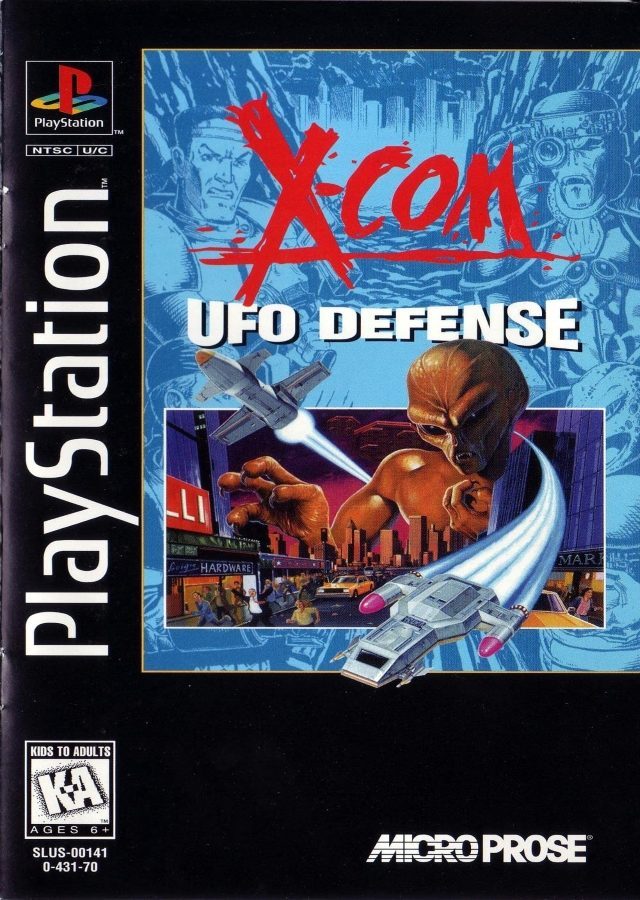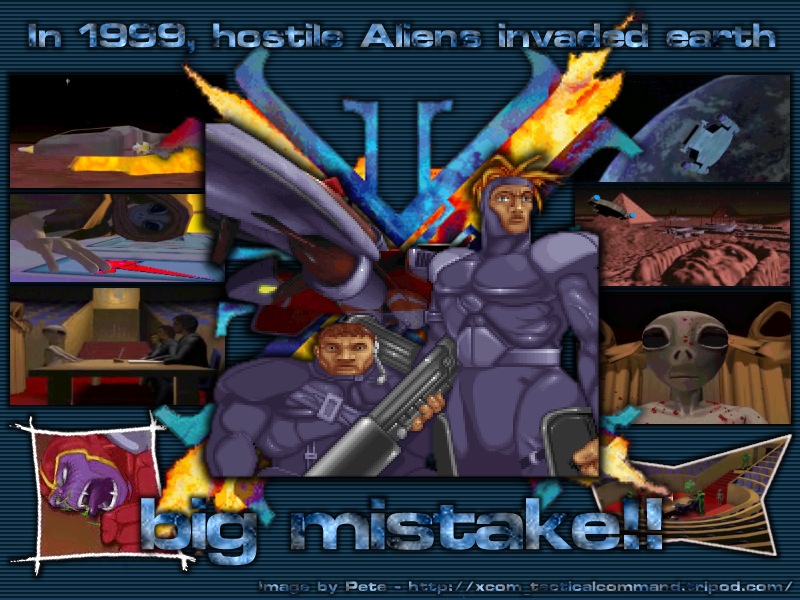

Through research of recovered alien artefacts, X-COM is able to develop better and more powerful weapons, armor and vehicles to combat the alien menace and eventually uncover their true nature.


Any nation may quit, if X-COM's service is deemed unsatisfactory or the nation's government has been infiltrated by the invaders. By defending countries from enemy invasion, the force gains monetary support. In each game of the series, the player is put in command of "X-COM": the Extraterrestrial Combat Unit. The style and theme of the game closely mirror those of the 1960s Gerry Anderson television series UFO. The premise for the series is fairly simple and straightforward, with variations among them: armies of hostile aliens have begun invading the Earth, killing and enslaving the human race.

The fourth title, X-COM: Interceptor was an action-based space combat/strategy game, while the fifth ( X-COM: Enforcer) was simply a third person shooter.Īll titles were developed for the PC, and some ported to the Sony PlayStation and Amiga. These first two games also show strong similarities to games such as Rebelstar and Laser Squad for the ZX Spectrum, including names of organisations such as 'Marsec'. MicroProse quickly had an internal team create the sequel X-COM: Terror From the Deep in under a year as a quick cash in (hence the amount of uncanny similarities between the first two games). After the success of X-COM: UFO Defense, The Gollop brothers went straight to work on X-COM: Apocalypse, which would end up being the third in the series when released in 1997. The first instalment, released as UFO: Enemy Unknown in Europe and as X-COM: UFO Defense 1 in North America was written by a team led by Julian Gollop. X-COM is a series of computer games, started by MicroProse in 1994.


 0 kommentar(er)
0 kommentar(er)
